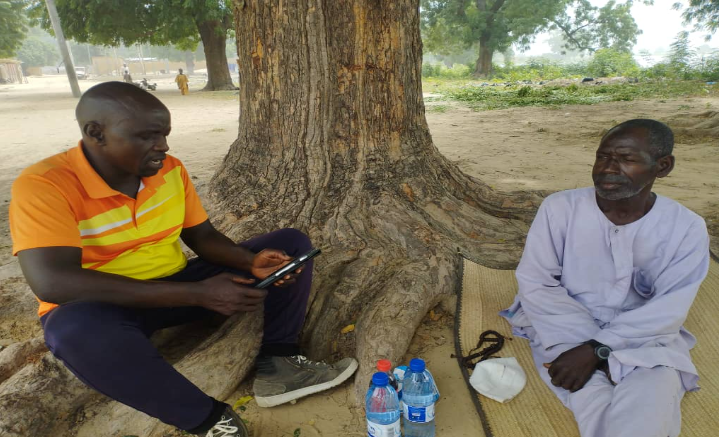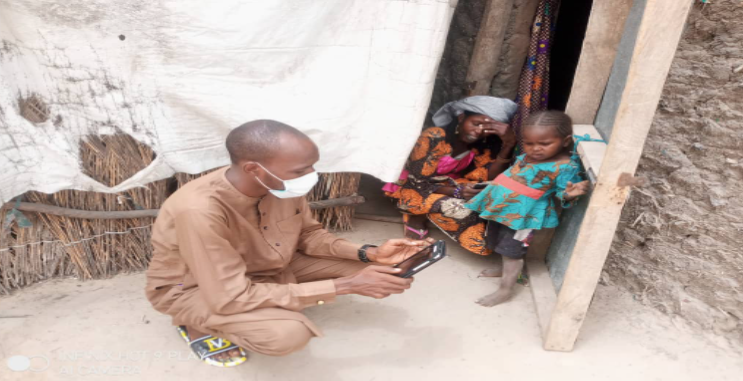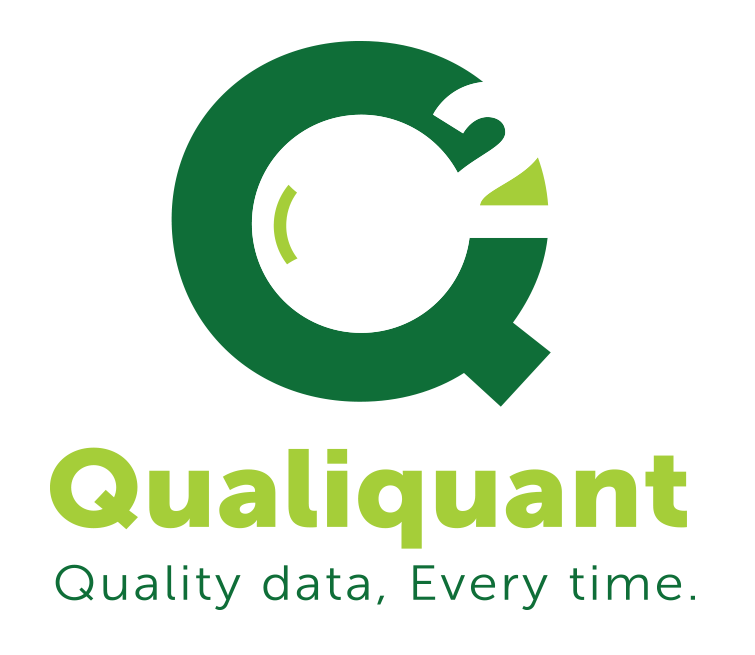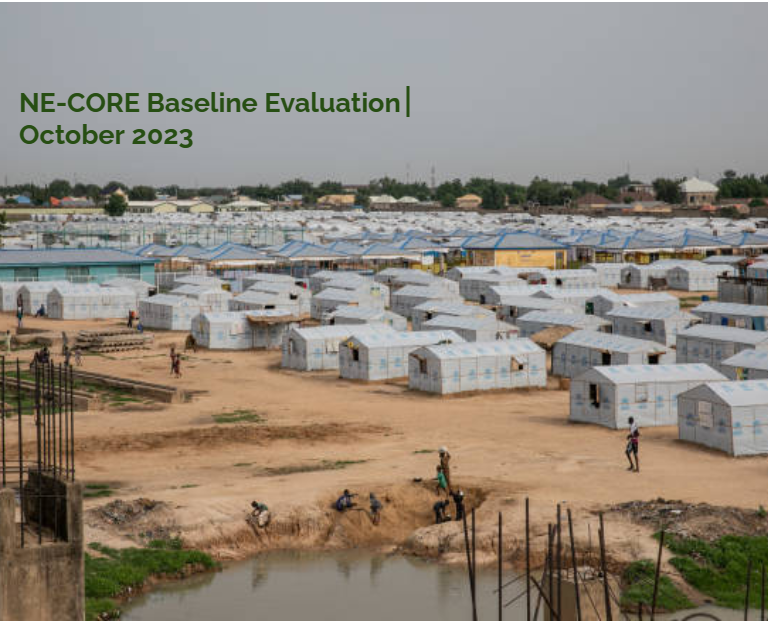Fhi360, Mercy Corps (MC), Danish Refugee Council (DRC), and INTERSOS designed the NE-CORE Consortium to fill the gaps and provide immediate basic needs for Internally Displaced Persons (IDPs) in camps and host communities, that is; 1) to ensure vulnerable families have access to foods, shelter, clean water, and sanitation while receiving health, nutrition and protection services needed to survive and be protected in rural areas in 3 LGAs of Borno State (Mobbar, Bama, and Damasak); 2) to reduce IDPs’ reliance on negative coping strategies through increased income and food availability, improved health and nutrition outcomes, and reduced protection risks. The NE-CORE project aims to scale up and strengthen humanitarian response in the Health, Nutrition, WASH, Protection, Food Assistance, Economic Recovery and Market System, Multi-Purpose Cash Assistance, and Agriculture sectors. Below are the images from the field officers’ training sessions.
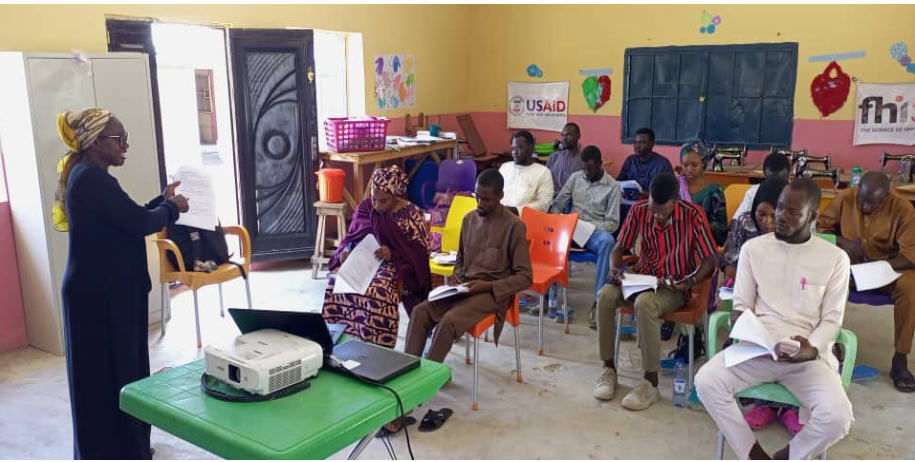

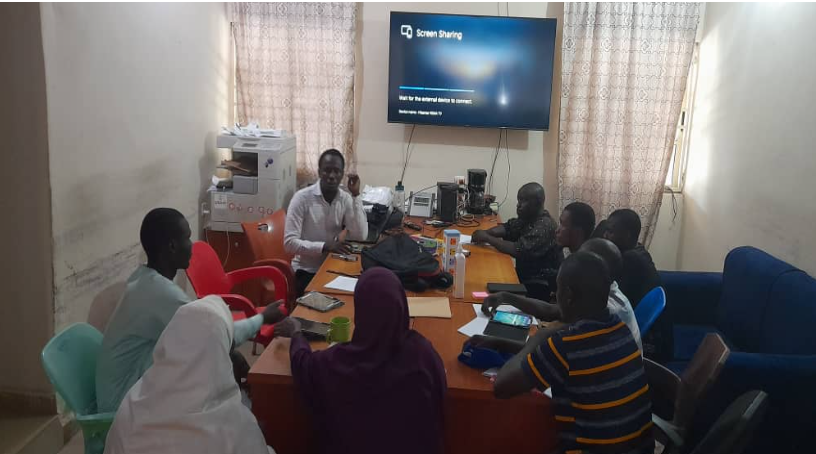

The research study was conducted in the three identified LGAs in Borno state comprising 14 wards. 723 data points were collected for the baseline evaluation with 60 percent of the sample being women (40 percent females in addition to 20 percent women of childbearing age, all within 18-49 years), 10 percent were vulnerable persons (widows, people living with disabilities, and elderly persons), and 30 percent men. For the qualitative phase of the study, 12 Key Informant Interviews (KIIs) and 12 Focus group discussions (FGDs) were also conducted across the three LGAs. Data collection for both phases happened in parallel for a total number of 10 days. Below are the images from the field activities.
